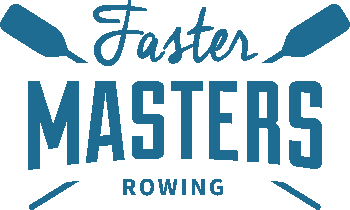Join Rebecca and Marlene as they interview Monmouth Rowing Club’s Tim Male as he talks about his season with the club and how they won the Victor Ludorum £1000 prize.
Timestamps
02:00 Interview Tim Male
04:00 Monmouth Rowing Club – the town rowing club draws people from around 20 miles away to join. 05:30 The club had talented individuals but rowed in small groups. Focus on private projects. Fragmented. Big projects require co-ordination.
06:30 Changes Tim made to the Club culture to bring people together.
- Rowing together
- Mixed crews
- 60 active masters rowers. Some were very inexperienced LTR graduates.
- The “club group.”
- The” performance group” men;’ women.
Everyone rows together for regional and local events.
Join in or go alone
09:15 Private Projects abandoned.
Getting value from coaching was the main draw. Subscriptions increased to pay for the coach. Improved performance from a universal structure with coaching and training structure.
11:00 Coaching has broad goals regatta dates, training in 4–5 week blocks. Each gets 2 coached sessions per week. Rest are self-guided.Tuesday + Wednesday evenings are long rows with priority given to one group each day. Sunday coached sessions at fixed times of day.
13:45 Pathway to Victor Ludorum
Season One, they raced one day at British Masters and finished top 5 in sweep events. Under- represented in sculling.
Season Two, decided to race both days and incorporate the dub group to step up to race the non- championship events. Anyone who has not won a championship event can race non-championship events.
17:00 Progression pathway for new athletes so they race similar skilled people
18:15 Crew selection using subjective and objective factors: 1) Technical capability 2) Team building commitment, reliability 3) Coach ability and capability to change. Allowances for frequency of training.1k Weight-adjusted ergo tests for men for choice boats.
Target was top 3 in Victor Ludorum.
Training fitness to be able to do up to 6 events over a weekend. Up to 12 races. Points mean prizes. We operated on the picket fence mentality as long as they got points towards the main challenge.
23:00 Future plans Take the club to International events like the European Masters Championships, Head of the Charles, Local regattas with unified club events, and Autumn head race targets.
You can do this too
25:00 Advice for another club who wants to build a competitive pathway.
Generate the culture first. With Masters Rowing there is a range of people, capability and experience. This makes crew selection tricky. Uniform rowing style so swapping crews is easier. You need a broad scope for success and developing from “underneath” (less skilled people).
Faster Masters Analysis
27:15 Marlene’s impressions of Monmouth Rowing Club’s success It takes a lot of organisation, time and thought for reorganising the group and writing a strategy for managing 60 masters. Blending the groups together and mixing crews was clearly challenging. A purposeful structure.
28:20 Rebecca believes that creating a pathway was crucial to underpinning the later success. Helpful to introduce a new challenge for experienced athletes. New skills in small boats help improve the big boats as a win:win situation.
Fitness was crucial to the success. It helped having athletes who already knew how to train hard and race hard. combining with the less experienced people helped teach them how to row hard. Knowing how to race is a whole other level of rowing and the competitive mindset.
30:00 The structure of the British Masters Championships having two events also helped. They could blend the experienced with the less experienced and still win points. Tim emphasised the importance of being coachable, flexible so you can row in multiple events.
Recovery from races – he who has the best recovery between race events wins!
Rebecca likes that they support local events and sees this as a pathway to teach racing to less experienced athletes. It is a lower investment in time, money and travel.
33:00 Learn to rowers come to racing gradually. It takes a while for them to see the attraction and to get confident enough to row hard.
Read about the win on the Monmouth Rowing website article.


